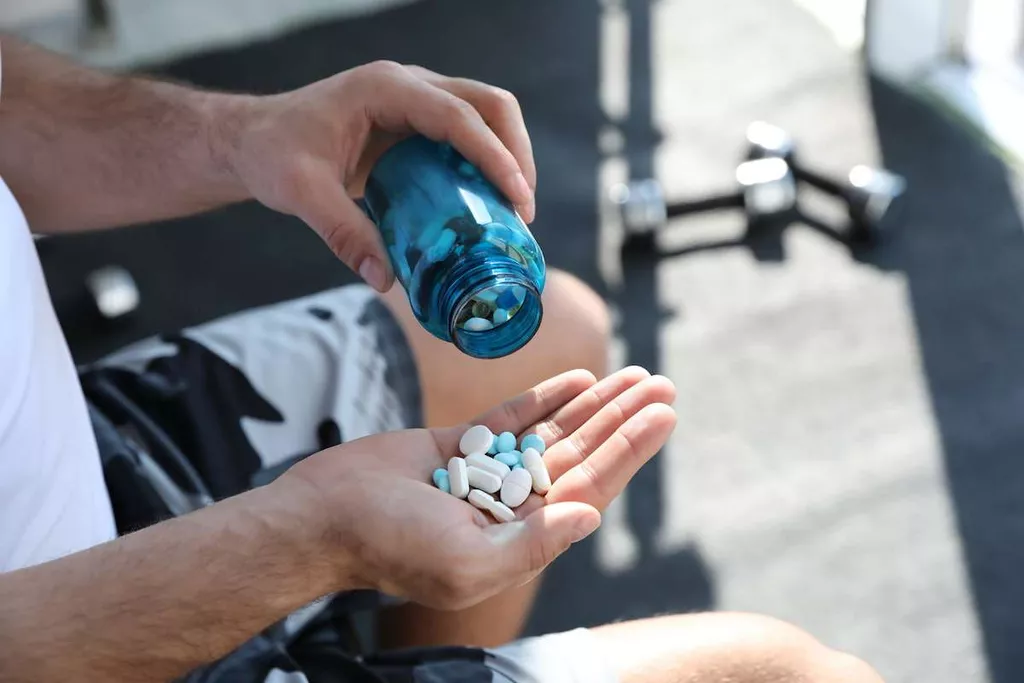
By following these tips, we can stay mindful if we’re choosing to drink. In fact, research shows that about two-thirds of alcohol-related deaths are from chronic health issues. After experiencing intoxication, many individuals face physical aftereffects commonly known as hangovers. Symptoms include headaches, nausea, fatigue, and sensitivity to light and sound. Unquestionably, then, alcohol can change how you think, feel, and behave.

Sobriety or Low-Level Intoxication (BAC: 0.01–0.05%)

Females tend to have higher body fat percentages, and fat retains alcohol, leading to higher BAC and staying drunk longer. This means that if you go out drinking with a friend who weighs more than you do, your BAC will be higher and it’ll take you longer to sober up even if you both drink the same amount. Keep in mind that it isn’t just the number of drinks you have, but also the type, since some bevvies have higher alcohol content than others. You can’t really predict how long you’ll stay drunk, and try as you might to stop being drunk faster, there’s nothing you can do to lower your BAC once you’ve started drinking.
Gameplay effects

If we continue to drink long term, alcohol affects our health and well-being in many ways. It takes time for our body to get rid of the alcohol in our system (it does so at the rate of approximately 1 standard drink per hour). The social context in which alcohol is consumed greatly influences how one feels while drinking. In lively settings like parties or bars, individuals often report feeling more energized and sociable due to external stimuli such as music and interaction. At higher BAC levels, individuals may struggle with decision-making, memory retention, and motor skills.

Sexual and reproductive health

Here’s a breakdown of alcohol’s effects on your internal organs and body processes. Dehydration-related effects, like nausea, headache, and dizziness, might not appear for a few hours, and they can also depend on what you drink, how much you drink, and if you also drink water. If you or someone you what does being drunk do know struggles with alcohol use, numerous resources can provide help and support. Remember, you don’t need to fit the criteria for alcohol use disorder to benefit from help. There are few if any persons for whom you feel just one unadulterated emotion.
Possible Complications of Alcohol Intoxication
Instead, they become more hostile when under the influence, ready to start a physical fight with anyone who provokes them. Ria Health offers several FDA-approved medications for alcohol use disorder. When combined with counseling, this approach is proven highly effective. It’s getting late but you are nowhere near ready to stop the party. You do not care if your buddy has got work in the morning or if your sister has to get home to the babysitter — NO!
- The consumption of alcohol directly influences specific processes of the brain, the command center of the body, which results in feeling inebriated.
- What does being drunk and high feel like for your mental state?
- People don’t always stop to think about what’s going on in the brain and body as they throw back shots of whiskey, but alcohol affects us in plenty of interesting ways as intoxication levels rise.
- The duration of drunkenness varies based on several factors, including body size, age, biological sex, and overall health.
Ready To Change Your Relationship With Alcohol? Reframe Is Here To Help!
- Thestages of intoxication varyfrom person to person based on a variety of factors.
- BAC is the amount of alcohol in your blood compared to the amount of water in your blood.
- Some genes make us more sensitive to alcohol, while other variants may make us less vulnerable to its effects.
- It suppresses the go-getter glutamate and gives the chill GABA a boost.
So, the alcohol builds up quite quickly,” explains addiction psychiatrist Akhil Anand, MD. And if you have one too many alcoholic drinks, you may start to slur your speech and have trouble walking in a straight line — and that’s all before dealing with a hangover the next day. Drinking too much can make even the best of us look “sloppy.” That’s because alcohol activates a receptor in the brain called TLR4, which impairs motor function. This can lead to behavior changes like slurred words and stumbling when we are drunk. When irritation turns to aggression, it can place family and friends in real danger.
Treatment Can Be Life Changing. Reach out today.
Initially, many people report feeling euphoric, happy, and more social. This is because alcohol Sober living house stimulates the release of neurotransmitters like dopamine and serotonin, which contribute to these feelings. While having a drink from time to time is unlikely to cause health problems, moderate or heavy drinking can impact the brain. Alcohol abuse and binge drinking are common, and they put many people at risk of alcohol poisoning, alcohol addiction, and chronic alcohol-related health problems. BAC is a critical factor in determining the effects of alcohol on the body and mind.